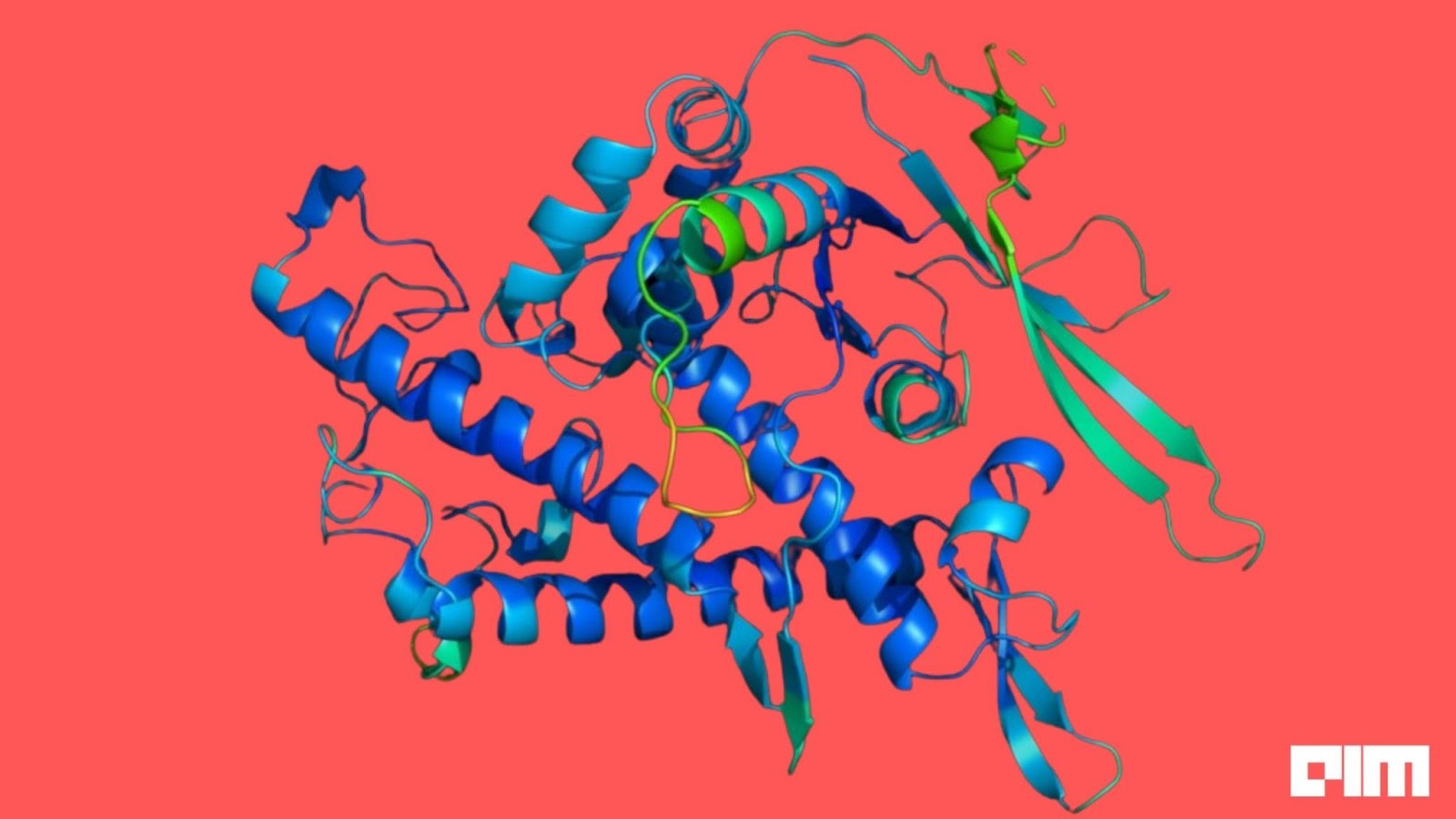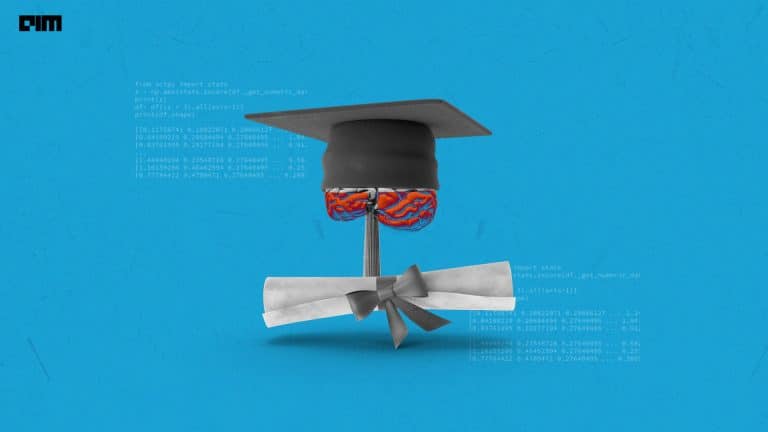|
Listen to this story
|
Profluent, a California based startup published a research paper about generating blueprints for microscopic biological mechanisms that can edit your DNA, pointing to a future when scientists can battle illness and diseases with even greater precision and speed than they can today.
Much as ChatGPT learns to generate language by analysing Wikipedia articles, books and chat logs, Profluent’s technology creates new gene editors after analysing enormous amounts of biological data, including microscopic mechanisms that scientists already use to edit human DNA.
Ali Madani, founder and CEO of Profluent through his post announces the successful editing of DNA in human cells with gene editors fully designed with AI. Not only that, the researchers have also open sourced the molecules under the ProfluentBio’s OpenCRISPR initiative.
These gene editors are based on Nobel Prize-winning methods involving biological mechanisms called CRISPR. Technology based on CRISPR is already changing how scientists study and fight illness and disease, providing a way of altering genes that cause hereditary conditions, such as sickle cell anaemia and blindness.
Additionally, Profluent also said that it had used one of these AI-generated gene editors to edit human DNA and that it was “open sourcing” this editor, called OpenCRISPR-1. That means it is allowing individuals, academic labs and companies to experiment with the technology for free.
Furthermore, the project is part of a wider effort to build AI technologies that can improve medical care. Scientists at the University of Washington, for instance, are using the methods behind chatbots like OpenAI’s ChatGPT and image generators like Midjourney to create entirely new proteins — the microscopic molecules that drive all human life — as they work to accelerate the development of new vaccines and medicines.
If technology like Profluent’s continues to improve, it could eventually allow scientists to edit genes in far more precise ways. The hope, Dr. Urnov said, is that this could, in the long term, lead to a world where medicines and treatments are quickly tailored to individual people even faster than we can do today.
Urnov said in his post, saying, “Unless things change dramatically, the millions of people CRISPER could save will never benefit from it. We must, and we can, build a world with CRISPR for all.




















































































